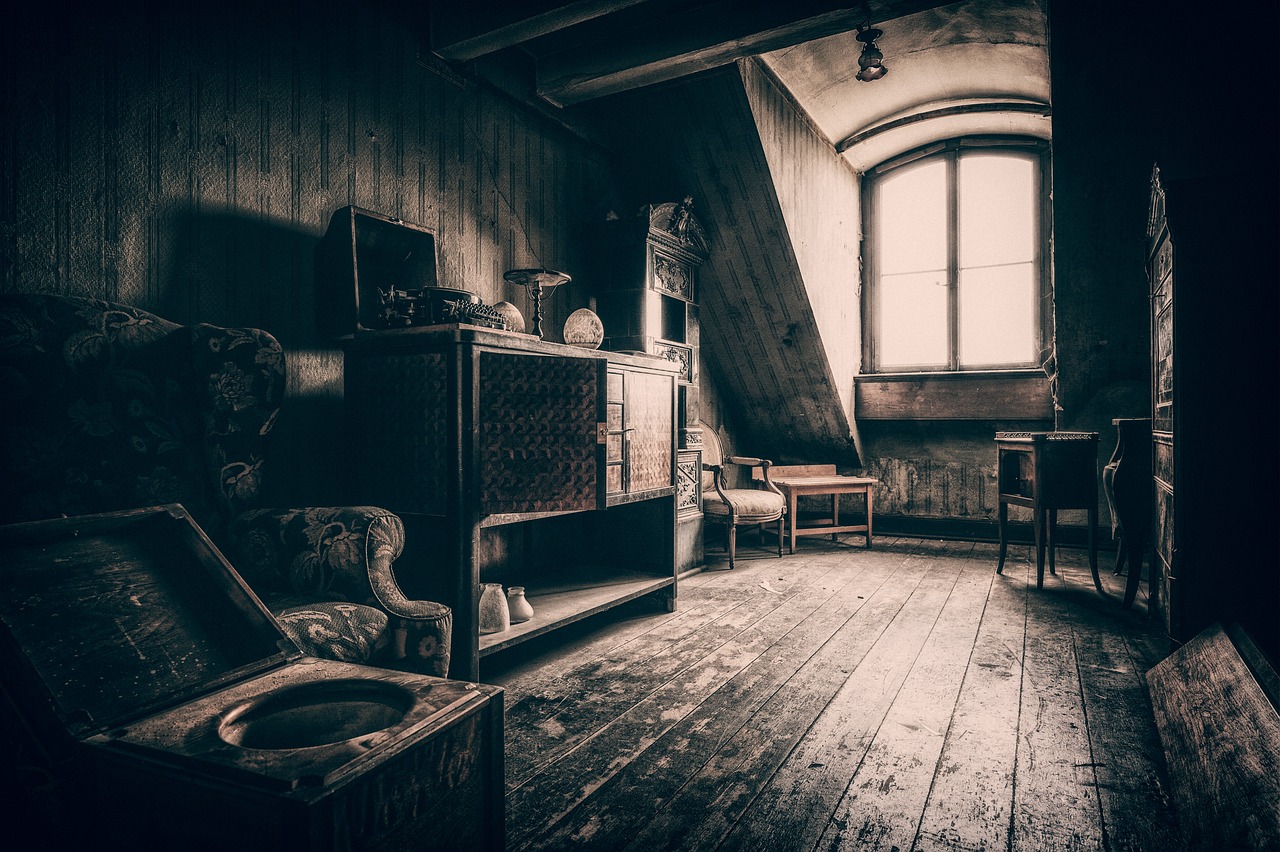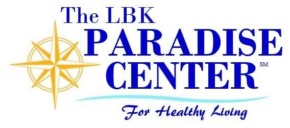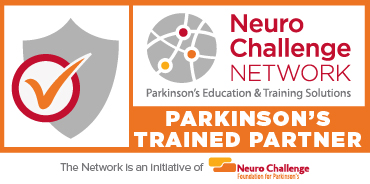Do you think much about what you are going to do with all your stuff when you pass on? I do every Springtime when I start cleaning out after a long winter of rearranging. Life is incredibly precious and what we’ve done and will do with the remainder of our lives will, in some form, live on.
My daughter has already let me know she isn’t interested in most of the things her mother has collected over the years. My grandbabies are too young to rent a storage unit. My friends are in a similar predicament.
What to do!!?
I am a regular contributor to the Salvation Army. Some days they appreciate me more than others. But, finding an appreciative home for great-grandma’s satin dresses and parasol, and grandma’s childhood clothing and leather tie-up shoes is a sensitive proposition. What about grandfather’s baked bean crockery and his antique kitchen scales? And what about mother’s hope chest still filled with her treasures? Will all of these and more one day be sold to the highest bidder?
When my daughter was born, I had a will drawn up indicating how my earthly possessions would be cared for. My funeral arrangements are in order. My bills are current, and hopefully will continue to be. So, any possibility of Probate should be a minor issue. Signing my will was a piece of cake. Afterall, I wouldn’t be here to deal with what I may have neglected. I will admit to one thing that had my hand quivering as I signed it – the Living Will.
Granted, I was much younger when my wills were created and signed. And, being predisposed to the notion that I would live for a very, very long time, my attorney was a great source of forethought.
What is a Living Will? (Black’s Law Dictionary definition.)
A living will is a written document or an advanced directive that specifies what type of medical treatment you would want if you cannot communicate.
If you are asking yourself whether you need a living will or not, talk with your family. If that’s not possible, talk with your attorney. The living will has been around for a long time, and it has its advantages and disadvantages. But what’s important is that the decision is solely up to you.
The further down the road of life we travel, hopefully, we realize we have done our part and it’s time for the next generation to take over. Shouldn’t we pave the way for them as best we can? One thing I do in the hopes that the “youngins” will appreciate the objects of their family’s heritage is to attach a story about the person behind that piece of history. Afterall, memories are made of such stuff. Our lives are filled with memories of the ups and downs of life. Some of these ups and downs are private. Others are shared with those we know or don’t care to know. Yet, these are all part of our existence that declares to the world, “I am _____!”
Oh, before I forget: Would you please do something for me at my funeral? Take the bouquet off my coffin and throw it into the crowd to see who is next. . . . :)
Need some help with that? Johns Hopkins Guided Care ® plan is a proven comprehensive care plan which integrates input from the nurse and the primary care providers and the patient. This plan works especially well for the high-risk people, such as Parkinson’s disease patients. For more information about how Guided Care® can help you, contact Youthful Aging Home Care.
Lani Kelly is a research writer for Youthful Aging Home Care.








